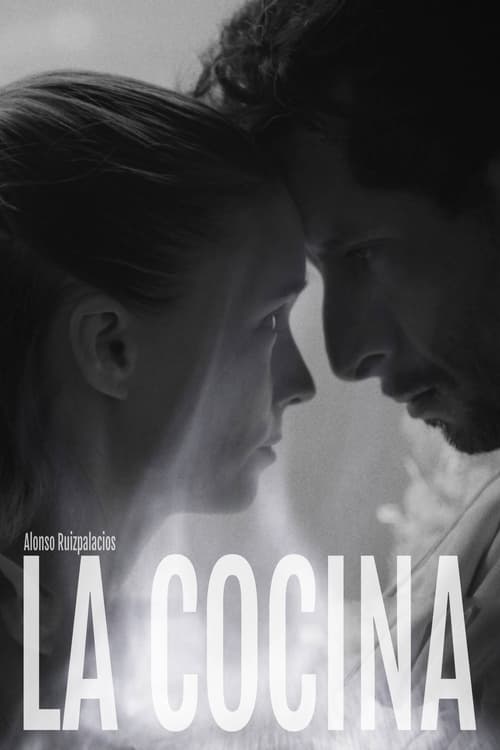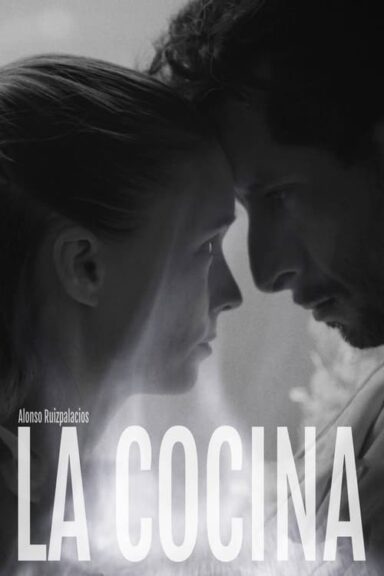
A film by Alonso Ruizpalacios
With: Raúl Briones, Rooney Mara, Anna Díaz, Motell Gyn Foster, Laura Gómez, Oded Fehr, James Waterston, Lee Sellars, Eduardo Olmos, Bernardo Velasco
Following “the life in the kitchen of a vast New York City restaurant where all the cultures of the world mix during the lunchtime rush.”
Our rate: **
It’s a project that’s certainly not lacking in ambition, in fact it’s bursting with it, particularly in terms of form. Director Alonso Ruizpalacios seems oblivious to the siren calls of an age that tends to make male gaze seem old-fashioned, but he’s one more who, sure of his talent and buoyed by his grandiloquence, wants to show off and make a big splash, The film’s (opulent) mise-en-scène is highly inspired by documentaries, and the narrative is clearly fictional, with no shortage of (mini) drama, narrative tricks to tie it all together (who stole the 800 euros?), or even a burning political message. ), or even a topical political message (the rise of fascism and nationalist ideas in a cosmopolitan world where, in a city like New York, everyone is both a foreigner and a New Yorker). Best of all, the social setting rings true, as we know from the back kitchens of New York restaurants, where a spirit of camaraderie is born among the employees, each nurturing an ambition to integrate and climb the social ladder. The icing on the cake is that the cast even includes stars such as Rooney Mara, in a role that may be a little secondary, but it’s one of the film’s main rebounds, the one that introduces an intimate notion, but also takes us out of the kitchen in which the film immerses us.
Technically speaking, the rather mad gamble of multiplying sequence shots should be worth dithyrambs, and we’re predicting in advance that the film will receive an excellent reception, even if there may be an air of déjà vu about it lately (between Frédéric Wiseman‘s documentary, or Chef!) . Artistically speaking, La cocina also has a few (small) assets: for example, a certain audacity and freedom in mixing forms, in allowing itself to introduce blue light in a black-and-white film, in playing with slow motion to produce a more surreal image, in an introductory sequence that almost seemed to announce an experimental film. But then, an abundance of qualities can sometimes be detrimental. Because the whole thing goes round in circles, because the directorial intentions are all too predictable and showy, lacking subtlety, because the social purpose is quickly reduced to the initial observation (even if, as we said, it is a good one), because the masculine atmosphere stands out without distance or ventilation, because the visual rhythm, electric, doesn’t match the time of the narrative, static, saturating the mind, and failing to make us forget the slowness and repetition that don’t contribute to the general atmosphere. In the end, La Cocina is singularly lacking in poetry and… modesty of approach. It’s a pity that these backgrounds didn’t take us to Bukowski’s side, or that, beyond the collective portrait, they would have been a vector for a more poetic approach.
It’s a pity that these backgrounds didn’t take us to Bukowski’s side, or that, beyond the collective portrait, they would have been a vector for more singular portraits; as might have been possible with an Altman-style narrative (choral film), or even an early Spike Lee style (a guiding character, guiding the viewer through the social setting, a central relationship to music).

